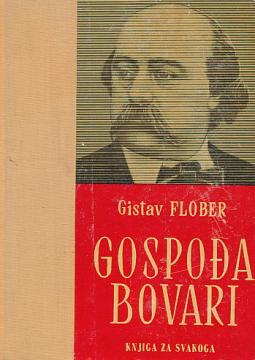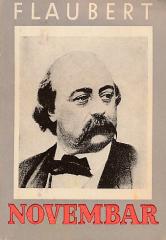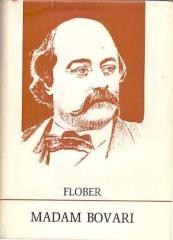
Gospođa Bovari
Madame Bovary (1857), Gustave Flaubert's masterpiece and a key work of realism, follows Emma Bovary, a young woman from provincial Normandy, whose romantic dreams clash with the banality of life.
Raised on sentimental novels, Emma craves passion and luxury. She marries Charles Bovary, a kind-hearted but boring doctor, but the marriage disappoints her because it does not fulfill her idealized desires.
In search of excitement, Emma begins a love affair with Rodolphe Boulanger, a wealthy landowner, who abandons her when the relationship becomes serious. Smitten, Emma embarks on a new affair with Léon Dupuis, a young lawyer, and sinks into luxury and debt, buying expensive things to fill the void.
Her extravagant behavior and financial problems lead to despair, as she cannot repay her debts to the moneylender Lheureux. When her lovers abandon her and social stigma threatens, Emma faces a hopeless situation. In the tragic finale, she takes arsenic and dies in agony, leaving Charles and her daughter Bertha in misery.
Flaubert masterfully portrays Emma's psychological complexity, criticizing social norms, patriarchy, and bourgeois conformity. The novel is known for its precise style and realistic depiction of provincial life, exploring themes of unrealized desires and the consequences of idealizing reality.
No copies available
The last copy was sold recently.





